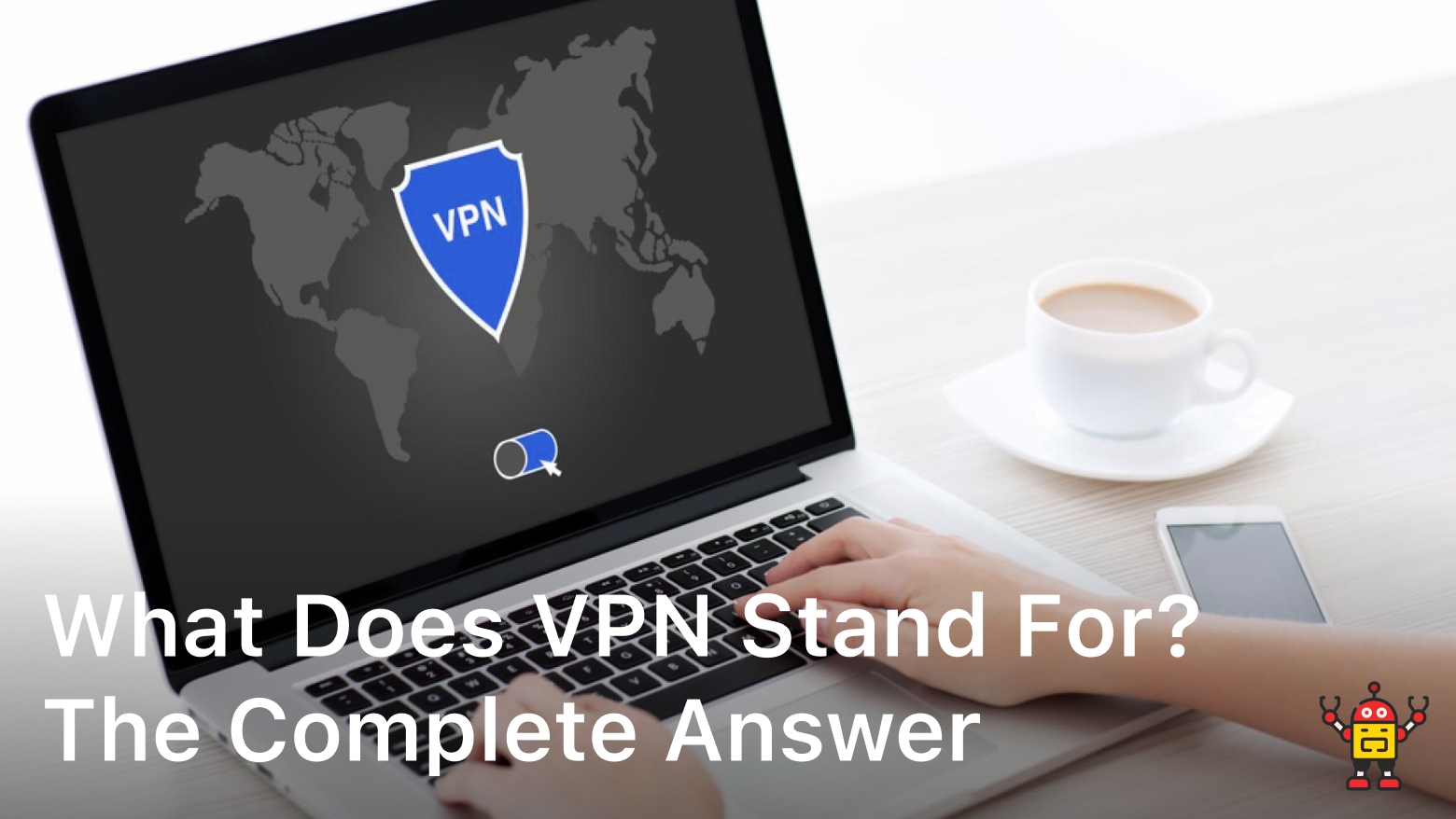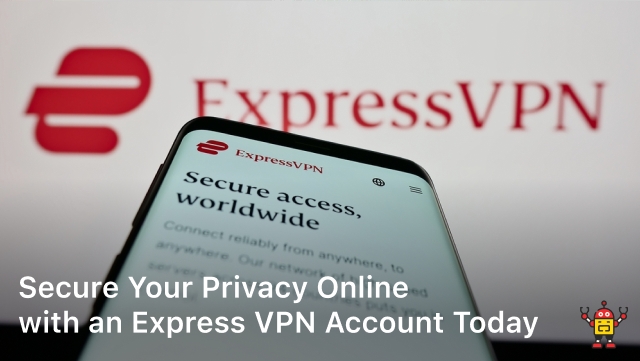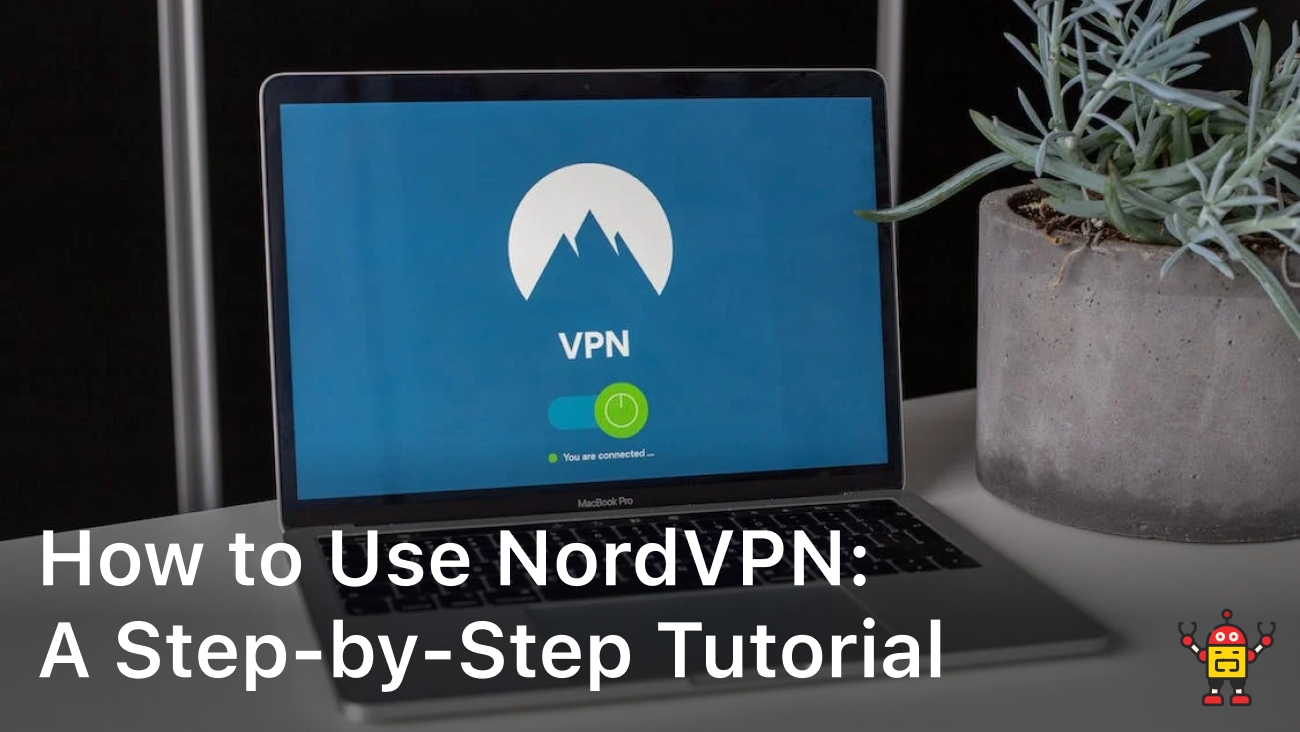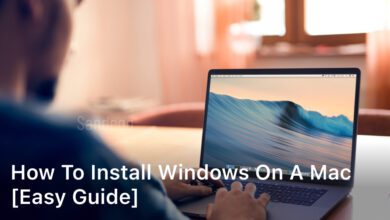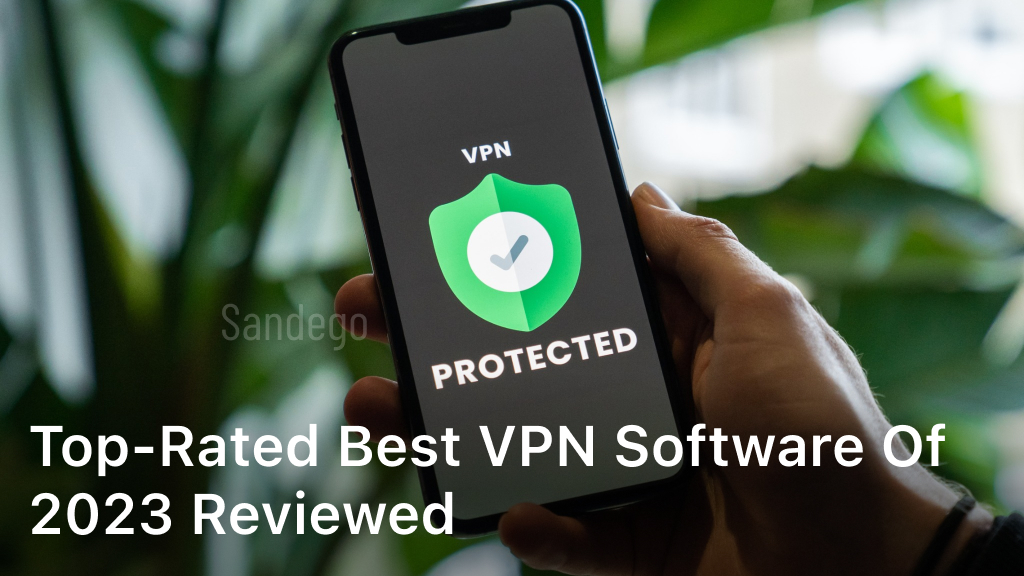Have you ever wondered what the acronym VPN stands for?
As an avid technology enthusiast, I love discovering the meaning behind technical terms and abbreviations.
VPN is one of those ubiquitous phrases you see and hear all the time but may not fully understand.
After doing some research, I’m excited to share the complete lowdown on what VPN stands for and how it works.
Virtual private network, that’s the long and short of it! But there’s so much more to uncover about this essential internet security technology.
Join me as I dive into the fascinating details of VPNs, how they operate, and why everyone should use one.
Understanding VPNs is empowering, and my goal is to make this technical topic accessible and entertaining for readers of all backgrounds.
So buckle up and get ready to become a VPN expert!
Virtual Private Network: What Does VPN Stand For?
A VPN or virtual private network is one of the best ways to stay secure online these days.
As someone who spends a good chunk of my free time surfing the web, a VPN gives me peace of mind that my data and browsing activity are protected.
What exactly does a VPN do? Basically, it creates an encrypted tunnel between your device and a server operated by the VPN service.
This hides your online activity and location, preventing others from seeing what websites you access or stealing sensitive data like passwords, emails, and credit card numbers.
Staying Safe on Public Wi-Fi
When I’m on public Wi-Fi at a coffee shop or airport, a VPN is especially useful.
Without one, anyone else on the network can potentially see what I’m doing on my laptop or phone.
A VPN prevents that by encrypting all the data I’m sending and receiving.
Hackers and cybercriminals are always looking to take advantage of unsecured public networks to compromise people’s accounts and personal information.
A VPN helps ensure I don’t become their next victim!
Accessing Geo-Restricted Content
Another great benefit of a VPN is accessing streaming content that might normally be geo-restricted.
Sometimes when I travel abroad, I can’t access websites or streaming services from back home.
But with a VPN, I can connect to a server in my home country and access the content I want.
A VPN comes in handy whether I want to catch the latest episode of my favorite show or just read the news from home.
In summary, a virtual private network or VPN protects your privacy and security on the internet.
For any avid internet user like myself, a VPN service is a must-have tool.
I hope this helps explain what VPN stands for and why it’s so useful!
How Does a VPN Work?
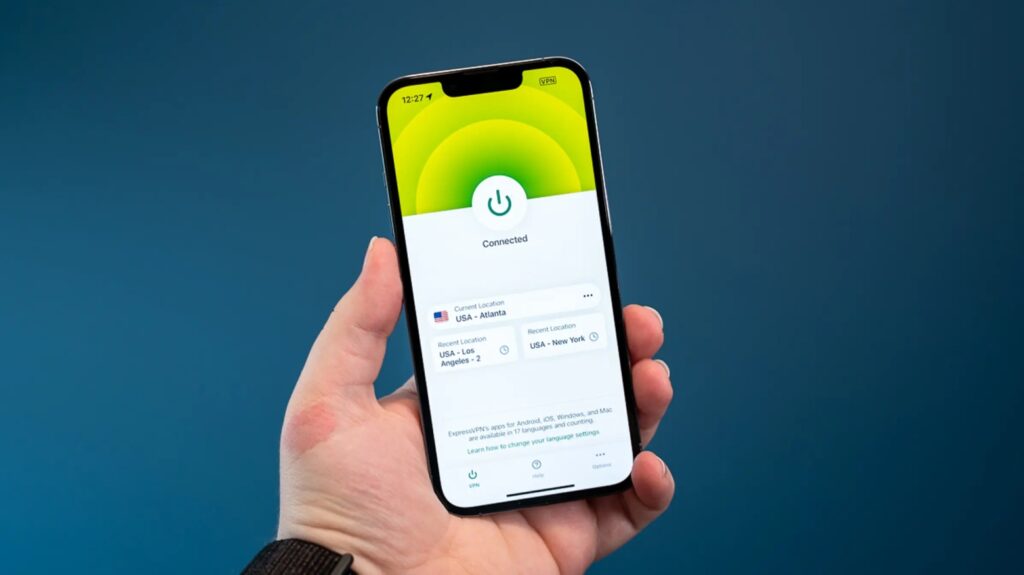
A VPN or virtual private network is super useful!
It creates an encrypted connection over a less secure network, like the internet. How cool is that?
How a VPN Works
When you connect to a VPN, it establishes an encrypted tunnel between your device and a VPN server.
All your online traffic is routed through this tunnel, hiding your activity and location.
- You sign in to your VPN service and connect to a server, either in your own country or abroad.
- Your internet connection becomes encrypted and all the data you send and receive is secured. Your online actions and digital footprint are hidden from prying eyes.
- The VPN masks your real IP address and replaces it with the IP address of the VPN server. Your location and personal details remain anonymous.
- The VPN also hides your online traffic and activity, preventing others from seeing what websites you visit or files you access. Your privacy is protected!
Using a VPN is super simple but the technology behind it is really advanced.
VPNs use encryption algorithms to create virtual tunnels between networks, keeping you safe, secure and anonymous online.
How awesome is that! With a VPN, you can surf the web freely without fear of privacy invasion or data compromise.
The Benefits of Using a VPN
Using a VPN has so many benefits, I don’t know where to start!
As an avid internet user, a VPN gives me peace of mind and opens up a whole new world of content.
Security and Privacy
With a VPN, my online activity is encrypted and my real IP address is hidden.
That means no one can see what websites I visit or steal my personal information.
I can connect to public Wi-Fi networks without worry.
VPNs are like a virtual shield, protecting me from cybercriminals trying to snoop on my data or steal my passwords.
Access Restricted Content
Some websites and streaming services block content based on your location.
A VPN lets me spoof my location so I can access anything from anywhere!
I can watch my favorite shows on streaming sites that aren’t available in my country or access news sites that are censored locally.
Evade Throttling
Have you ever had your internet speed slowed down by your internet service provider?
A VPN prevents throttling so I can enjoy maximum bandwidth whenever I want.
I can stream, download, and browse at lightning fast speeds without interference.
Anonymity
When I use a VPN, my real IP address is masked so it appears I’m connecting from another location.
This hides my actual identity and physical location, allowing me to browse anonymously.
I feel like a secret agent using a VPN to cover my tracks!
Using a VPN is one of the smartest moves I’ve made as an internet user.
Between the security, privacy, and freedom benefits, a VPN gives me peace of mind every time I log on.
Why haven’t you tried one yet? You’re missing out!
What Does VPN Stand for on My Phone vs Computer?
I absolutely love using a VPN, or virtual private network, to stay safe online.
A VPN encrypts all the data sent between my device and the internet, protecting me from prying eyes.
But VPNs come in a few different varieties, so what does VPN stand for in each case?
Phone
When I connect to a VPN on my iPhone or Android, it means all the internet traffic from my phone is routed through an encrypted tunnel.
This hides my online activity and location, shielding me from anyone trying to snoop on my phone’s data or track where I am.
The VPN on my phone is usually an app I download that connects me to a VPN service.
Computer
On my laptop or desktop computer, a VPN does the same thing it creates an encrypted connection that hides all my internet traffic and masks my real IP address.
I use a VPN on my computer for many of the same reasons as on my phone, like accessing geographically restricted content, bypassing censorship, or just staying anonymous online.
The VPN on my computer is usually VPN software I install that connects to the same VPN service I use on my phone.
Business VPN
Some companies use VPNs to connect remote employees or offices to their network.
This type of VPN, known as a business or corporate VPN, allows people to access files, databases, and other resources on the company network as if they were directly connected.
The data traveling over a business VPN is also encrypted to keep it secure.
Using a VPN, whether on my devices or for business, gives me peace of mind that my online activity and communications are kept private.
The specific meaning of VPN may differ slightly depending on how and where I use one, but at their core, all VPNs stand for safeguarding my virtual privacy and security.
FAQ: Common Questions About VPNs
I get asked a lot of questions about VPNs and how they work.
As someone who uses a VPN every day to stay safe online, I’m happy to help answer some of the most frequently asked questions!
What does VPN stand for?
VPN stands for virtual private network.
Basically, it creates an encrypted connection over a less secure network, like the internet. When you connect to a VPN, all your online traffic is routed through a VPN server, hiding your activity and location.
Why should I use a VPN?
Using a VPN is one of the best ways to stay safe and secure online. Here are a few of the main benefits:
- Hide your location and IP address. Your real IP address will be replaced with the VPN server’s IP address, masking your location and identity.
- Encrypt your internet connection. All your online traffic is encrypted and hidden from prying eyes.
- Get around geo-restrictions. If there’s content blocked in your location, a VPN can help you access it by routing your connection through a server in another country.
- Torrent anonymously. If you use torrenting services, a VPN is essential to hide your activity and avoid copyright issues.
- Secure public Wi-Fi connections. Public Wi-Fi hotspots are notorious for hackers and snoops. A VPN secures your connection to keep your accounts and information safe.
What kind of data does a VPN collect?
Most reputable VPN services collect very little information about your online activity.
They do not log your traffic or browsing data.
The main information a VPN may collect includes your email address, payment info if you pay for the service, connection timestamps, and bandwidth usage.
They use this minimal information to operate the service, improve their apps, and for billing purposes.
I hope this helps answer some of your questions about VPNs! Let me know if you have any other questions.

